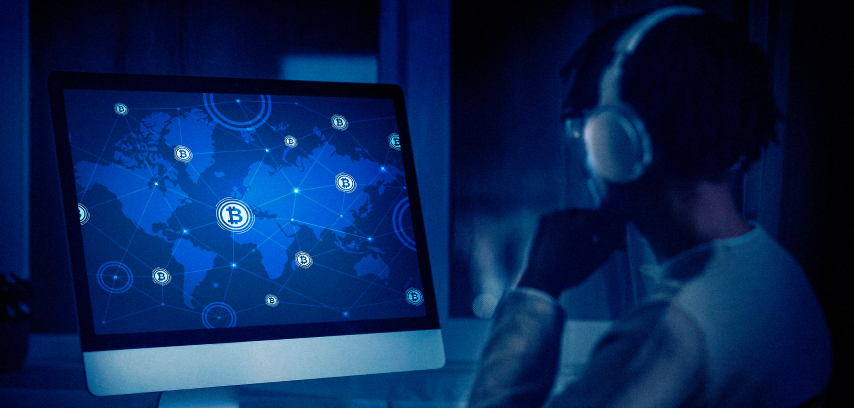Unlocking the Future of Business with Blockchain-as-a-Service (BaaS)
In the rapidly evolving world of blockchain and cryptocurrency, Blockchain-as-a-Service (BaaS) and Decentralized Autonomous Organizations (DAOs) have emerged as groundbreaking innovations. They are not only reshaping how businesses operate but also revolutionizing governance, transparency, and trust in digital environments. This article explores the key features of DAOs, their benefits, challenges, and how BaaS platforms are accelerating their adoption.
What Are DAOs?
A Decentralized Autonomous Organization (DAO) is a digital entity built on blockchain technology and governed by smart contracts. Unlike traditional organizations, DAOs function without centralized leadership. Decision-making is automated and distributed among stakeholders using blockchain-based voting mechanisms and token governance.
Key Features of DAOs
- Decentralization: No single point of control—decisions are made collectively.
- Autonomy: Smart contracts automate processes without human interference.
- Transparency: All transactions and votes are recorded on a public ledger.
- Community Governance: Token holders can propose and vote on organizational decisions.
How BaaS Empowers DAOs
Blockchain-as-a-Service (BaaS) platforms, such as Microsoft Azure Blockchain and AWS Blockchain, provide the backend infrastructure and tools to build DAOs without the need for developers to manage complex blockchain nodes. This enables faster deployments, simplified maintenance, and integration with existing systems.
DAO Lifecycle Explained
- Formation: Developers create smart contracts to define rules and governance structures.
- Funding: Tokens are distributed through ICOs or DAOs to fund operations and grant voting power.
- Operation: Members propose and vote on initiatives; smart contracts execute approved proposals.
- Evolution: The DAO continues to grow and adapt through community participation and updates.
Top Advantages of DAOs (with BaaS)
- 1. Democratic Decision-Making: Everyone with voting tokens has a voice in governance.
- 2. High Transparency: Every action is recorded immutably on the blockchain.
- 3. Reduced Operational Costs: Automation through smart contracts cuts down on admin overhead.
- 4. Global Reach: Anyone with internet access and tokens can contribute and vote.
Challenges in DAO Adoption
- 1. Legal Uncertainty: Lack of global regulatory standards makes legal recognition unclear.
- 2. Smart Contract Vulnerabilities: Poorly written contracts can be exploited.
- 3. Governance Complexity: Reaching quorum or consensus can be slow in large communities.
Notable DAO Projects
- The DAO: One of the first DAOs launched in 2016, it faced a major hack that led to an Ethereum fork.
- MakerDAO: Manages the DAI stablecoin and serves as a model for decentralized finance (DeFi).
- Aragon: A powerful platform for launching and managing DAOs with user-friendly tools.
Why BaaS Matters in DAO Growth
BaaS platforms are making it easier for businesses and communities to adopt blockchain technology. They handle the technical complexities like node maintenance, scaling, and blockchain integration—allowing developers to focus on building DAO logic and features.
To learn how BaaS can accelerate your project, explore our Cloud Native Solutions.
Conclusion: A Decentralized Future Powered by BaaS
DAOs represent a paradigm shift in governance, transparency, and decentralization. With the help of Blockchain-as-a-Service platforms, building and scaling DAOs is now more accessible than ever. As more industries embrace this model, we are entering an era where community-led, code-driven organizations will shape the future of business. It’s time to explore, innovate, and participate in this decentralized revolution.





